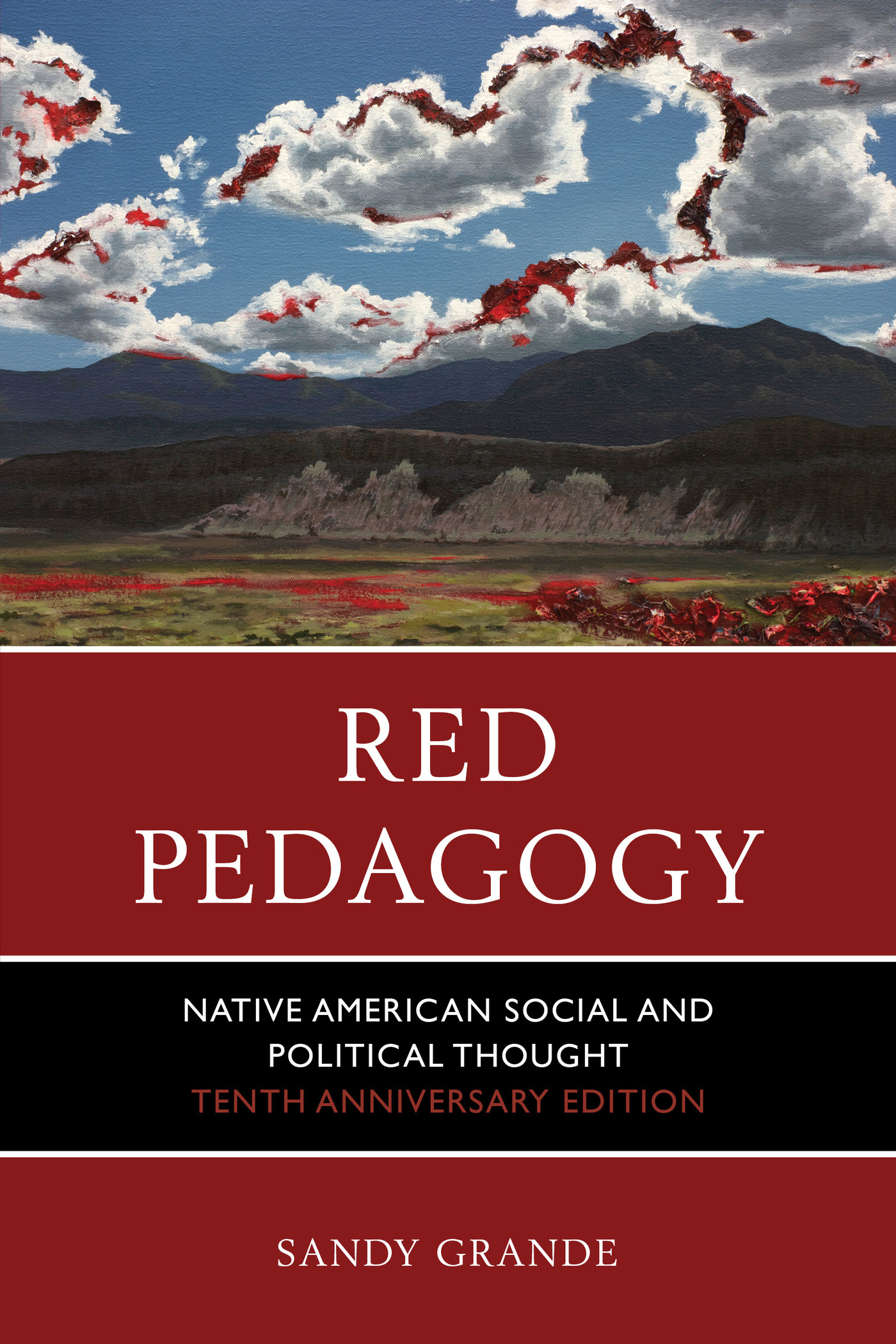Praise for Red Pedagogy
The first edition of Red Pedagogy had a deservedly powerful impact. This new edition is even more powerful. It combines a searing critique with renewed insights and passionand at the same time asks all of us who calls ourselves critical educators to challenge some of the very bases of what we take for granted and who the we actually is.
Michael W. Apple, John Bascom Professor of Education, University of WisconsinMadison; author, Can Education Change Society?
This may well be the most important book you will read on the United States educational system viewed through the lens of the Native American experience; its history, present, and future come into focus. Red Pedagogy is a classic work already, and with this Tenth Anniversary Edition, it soars beyond the original text to a collective collaboration, expanding and deepening its profound thesis, which in the twenty-first century finds Native Nations as prisoners of democracy under a continuing colonial regime. Free of jargon, this beautifully composed, powerful, and ultimately hopeful book should be read by everyone.
Roxanne Dunbar Ortiz, author of An Indigenous Peoples History of the United States
Situated in an academic context of intellectual sectarianism, Sandy Grandes Tenth Anniversary Edition of Red Pedagogy distinguishes itself from reprints of other classic texts in that it is accompanied by a handful of leading critical and Indigenous scholars Grande boldly invited to critique and extend her work. The second extended (but not expanded) edition of Red Pedagogy is therefore a welcomed and much needed revolutionary intervention into anti-colonialist/anti-capitalist scholarship. Coming at a time of both heightened imperialist immiseration and anti-colonialist/anti-capitalist/anti-imperialist resistance, Grandes interrelated call for critique and collectivity points to a rigorous red pedagogy desperately needed to sharpen analysis and hone a collective strategy, which also happens to be, for communists, the purpose of the party.
Indeed, Red Pedagogys commitment to bring together critical Indigenous studies and critical pedagogy, including Marxism, in a dialectical, revolutionizing relationship is further evidence of the ways Grande demonstrates (as does the party) how collectivity does not require sacrificing the individual to the collective, but rather creates an experience of mutuality and togetherness demonstrating the cruel deception of a socially isolating and dangerous settler (i.e., capitalist) logic.
The second edition of Red Pedagogy, due to its theoretical and methodological advancements, will continue to inform the practice and debate concerning educations role in the movement against the dispossession, exploitation, and disempowerment of Indigenous Nations and against imperialism and capitalism more generally. The tenth anniversary edition of Red Pedagogy will surely become another classic in its own right.
Curry Malott, West Chester University of Pennsylvania
The first edition of Red Pedagogy established Sandy Grande as one of the most important critical educational scholars because, as an Indigenous scholar-activist, she asked us to consider what it meant to do critical pedagogy in the context of settler colonialism.
In this new edition of Red Pedagogy, Grande pushes the conversation even further, inviting us to think about the complex relationship of critical politics and indigeneity amidst sharpening racial and economic inequalities, white supremacy, and in the continuing wake of #IdleNoMore and #Black
LivesMatter.
Anyone interested in understanding the intersection of radicalized capitalism, indigenous liberation, and critical pedagogy needs to read the Tenth Anniversary Edition of Red Pedagogy.
Wayne Au, associate professor, School of Educational Studies, University of Washington Bothell; chair, Campus Diversity Council; editor, Rethinking Schools (www.rethinkingschools.org)
Red Pedagogy
Red Pedagogy
Native American Social and
Political Thought
Tenth Anniversary Edition
Sandy Grande
ROWMAN & LITTLEFIELD
Lanham Boulder New York London
Published by Rowman & Littlefield
A wholly owned subsidiary of The Rowman & Littlefield Publishing Group, Inc.
4501 Forbes Boulevard, Suite 200, Lanham, Maryland 20706
www.rowman.com
Unit A, Whitacre Mews, 26-34 Stannary Street, London SE11 4AB
Copyright 2004, 2015 by Rowman & Littlefield
All rights reserved. No part of this book may be reproduced in any form or by any electronic or mechanical means, including information storage and retrieval systems, without written permission from the publisher, except by a reviewer who may quote passages in a review.
British Library Cataloguing in Publication Information Available
Library of Congress Cataloging-in-Publication Data
Grande, Sandy, 1964
Red pedagogy : Native American social and political thought / Sandy Grande. -- Tenth anniversary edition.
pages cm.
Includes bibliographical references.
ISBN 978-1-61048-988-1 (cloth : alk. paper) -- ISBN 978-1-61048-989-8 (pbk. : alk. paper) -- ISBN 978-1-61048-990-4 (electronic : alk. paper)
1. Indians of North America--Politics and government. 2. Indians of North America--Education. 3. Indian philosophy--United States. 4. Self-determination, National--United States. 5. Multicultural education--United States. 6. United States--Race relations. 7. United States--Social policy. 8. United States--Politics and government. I. Title.
E98.T77G73 2015
323.1197'073--dc23
2015017436
 TM The paper used in this publication meets the minimum requirements of American National Standard for Information Sciences Permanence of Paper for Printed Library Materials, ANSI/NISO Z39.48-1992.
TM The paper used in this publication meets the minimum requirements of American National Standard for Information Sciences Permanence of Paper for Printed Library Materials, ANSI/NISO Z39.48-1992.
Printed in the United States of America
To Ona
May you rest in peace and power.
Foreword
Miryam Yataco
The new edition of Red Pedagogy arrives at an auspicious moment in the history of Indigenous peoples and self-determination. The book makes an indispensable contribution to the fields of critical theory and particularly to the theoretical underpinnings of Indigenous education.
Sandy Grande confronts critical and Indigenous educators, asking us to challenge dominant models of thought, ones that are in competition with Indigenous ways of thinking and knowing, that have excluded, essentialized, and negated both physically and cognitively. She suggests that instead, we look within ourselves and propose our own paradigms and epistemologies. She calls upon us to have faith in ourselves and our communities, and to reclaim our sovereignty as Indigenous peoples.
I was first drawn to Grandes book because of the topic, without knowing much about the author. But the moment I opened its pages, I was struck by the simplicity and clarity of the first sentence in the preface, in which the author makes it clear that she is writing as a Quechua woman. As a Quechua woman myself, I was especially moved by this declaration. Although she grew up in the United States, far from her parents homeland, she stayed connected to her people, and at the time, that was an uncommon gesture. Over the years, her words have remained with me, reminding me how deep our identities are and how we can travel thousands of miles but still stay connected to our lands and communities.

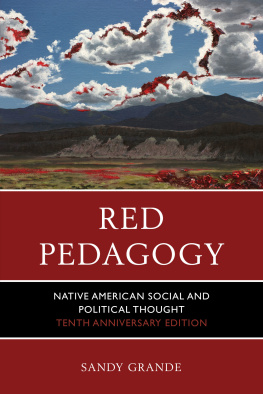

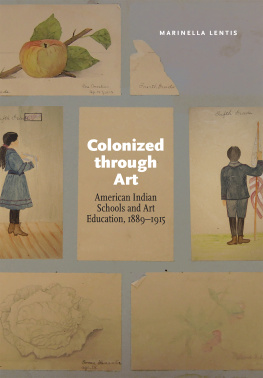
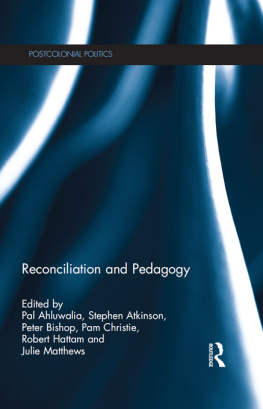
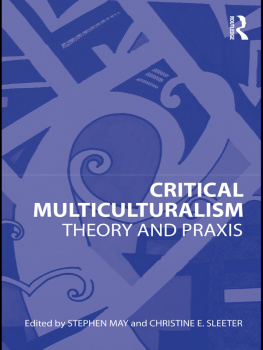
![Madhav Deshpande - Critical Studies in Indian Grammarians I: The Theory of Homogeneity [Sāvarṇya]](/uploads/posts/book/255206/thumbs/madhav-deshpande-critical-studies-in-indian.jpg)
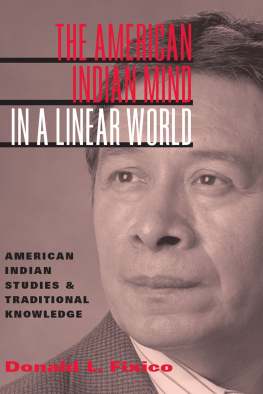
 TM The paper used in this publication meets the minimum requirements of American National Standard for Information Sciences Permanence of Paper for Printed Library Materials, ANSI/NISO Z39.48-1992.
TM The paper used in this publication meets the minimum requirements of American National Standard for Information Sciences Permanence of Paper for Printed Library Materials, ANSI/NISO Z39.48-1992.